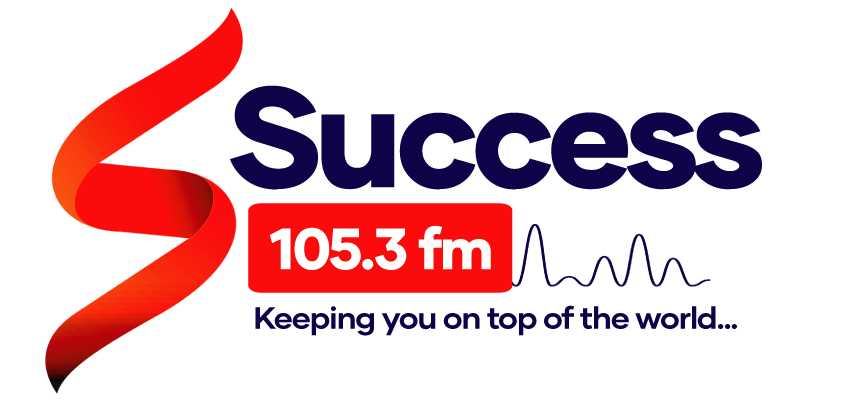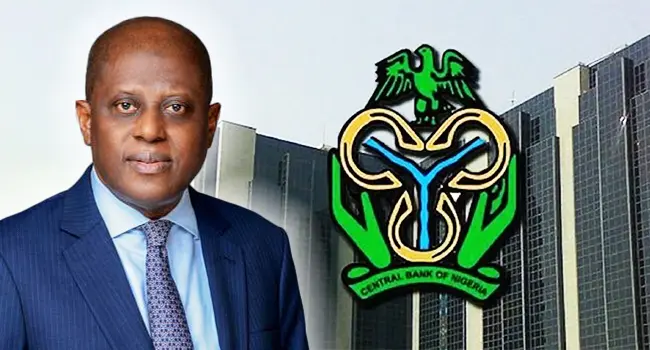Governor, Central Bank of Nigeria, Olayemi Cardoso yesterday said that the apex bank will support measures to boost the nation’s external reserves including the proposed Eurobond issue by the Federal Government.
Cardoso stated this in an interview with Bloomberg TV, saying, “We should have a diversity of sources. It shouldn’t just be the eurobond market, it shouldn’t just be foreign portfolio investors, it should be a hodgepodge of different things.”
Speaking further, Cardoso said that the CBN is “relatively pleased” with the progress it has made in stabilizing the naira and believes the excessive volatility may be a thing of the past.
“I do believe that we have more or less seen the worst in terms of volatility.
“We are also very alive to observing the way and manner in which that market operates and ensuring that it gives the best value that that can be accomplished using certain tools,” he said.
Cardoso said reviving confidence in the naira is crucial for the Nigeria to lure investors. Since Cardoso assumed office as in September, the CBN has increased interest rates by 750 basis points to 26.25%, cleared a foreign-exchange backlog and overhauled the country’s exchange rate policies – effectively devaluing the naira. That’s helped stabilize the naira, even though it’s still the world’s worst performing currency this year after the Lebanese pound.
“Our thoughts align with those of the governor,” said Olumide Sole, analyst at Lagos-based Vetiva Capital Management Ltd. “Based on the purchasing power parity model, the naira is currently valued at 900 naira levels, which is far less than the current market price.”
The naira has been trading in a narrow range between N1,473 and N1,490 per dollar this month. It fell 0.3% to 1,492.71 to the dollar on Tuesday.
Cardoso stated this in an interview with Bloomberg TV, saying, “We should have a diversity of sources. It shouldn’t just be the eurobond market, it shouldn’t just be foreign portfolio investors, it should be a hodgepodge of different things.”
Speaking further, Cardoso said that the CBN is “relatively pleased” with the progress it has made in stabilizing the naira and believes the excessive volatility may be a thing of the past.
“I do believe that we have more or less seen the worst in terms of volatility.
“We are also very alive to observing the way and manner in which that market operates and ensuring that it gives the best value that that can be accomplished using certain tools,” he said.
Cardoso said reviving confidence in the naira is crucial for the Nigeria to lure investors. Since Cardoso assumed office as in September, the CBN has increased interest rates by 750 basis points to 26.25%, cleared a foreign-exchange backlog and overhauled the country’s exchange rate policies – effectively devaluing the naira. That’s helped stabilize the naira, even though it’s still the world’s worst performing currency this year after the Lebanese pound.
“Our thoughts align with those of the governor,” said Olumide Sole, analyst at Lagos-based Vetiva Capital Management Ltd. “Based on the purchasing power parity model, the naira is currently valued at 900 naira levels, which is far less than the current market price.”
The naira has been trading in a narrow range between N1,473 and N1,490 per dollar this month. It fell 0.3% to 1,492.71 to the dollar on Tuesday.
“We’re relatively pleased with where we are,” Cardoso said. Even so, he said the central bank needs to do more. “It’s continuous work in progress. And we will do everything possible to ensure that we continue to manage the macroeconomic fundamentals that affect that.”


